In an exclusive conversation with APAC Media and CXO Media, Dr. Ravikumar M Chitnis, Vice Chancellor, MIT World Peace University, assesses the impact of internationalisation at MITWPU and how they are imparting experiential learning through unique digital innovations.
How would you explain the dynamics of vertical internationalisation at MIT World Peace University and assess its impact?
We have a well-defined and well-structured vertical of Internationalisation at MITWPU. It comprises the Exchange Programs, Credit Transfers, Study Tours, Summer Schools, Tech & Business Expo Visits, International Faculty Teaching, Joint Research and International Internships. We have active collaborations with the international universities of global repute in the US, Europe, the UK, Australia and the Gulf.
MITWPU has been organising the Summer Schools at various international universities since 2011 and has geared up now on a larger scale. Just to give an example, we were able to successfully participate in the participation of 3500 students of MITWPU at the Dubai Expo, which is a record for any educational institution. Similarly, many such international engagements are a regular practice at MITWPU, including international professors visiting our campus and teaching our students on campus as well as online.
What are the digital initiatives undertaken at MIT World Peace University and what are their use cases?
All operations at MITWPU are digitised. We have a robust ERP and Learning Management System for teaching and learning. Our Library is digitised. We use advanced tools and technology for Finance & Accounts operations. Examinations are conducted in a secure manner using the software, where there is zero human intervention, ensuring privacy and security. The entire campus is Wi-Fi enabled with a high-speed network and data privacy. We have state-of-the-art laboratories equipped with the latest tech devices.
What are the host of innovations that have been implemented at the University and how will you measure their success?
We have a unique WPU Method to impart experiential learning comprising Social Leadership Development Program, Design Thinking Program: Co-Creation for Problem Solving in Society, Research Innovation Design & Entrepreneurship (RIDE) Program, Rural Immersion Program, Bharatiya Chhatra Sansad, National and International Immersion Program, Hackathons and Industry Internships. MITWPU promotes innovation through competitions, awards, and incubation support for entrepreneurial ventures. We have a dedicated Technology Business Incubator where more than 80 startups are incubated.
Transdisciplinary Learning: Offering Design Thinking Program: Co-Creation for Problem Solving in Society that blends fields like technology, design, and management to prepare students for solving the problems in society
Industry-Academia Collaboration: Strengthening partnerships with leading companies to provide internships, live projects, and mentorship opportunities
Research and Innovation Hubs: Establishing centres of excellence in emerging areas like AI, sustainability, and fintech
Global Exposure: Expanding student exchange programs and collaborations with international universities
Technology Integration: Leveraging AI, AR/VR, and digital tools for immersive and personalised learning experiences
Entrepreneurship Support: Providing incubation facilities, mentorship, and funding opportunities to foster startups. The curriculum has a credit program on Research, Innovation, Design and Entrepreneurship (RIDE) to boost the startup culture.
These initiatives ensure students are equipped with future-ready skills and a global perspective.
What are the dynamics of your partnership with Konkan Railway?
Our partnership with Konkan Railway is built on a strong foundation of academic-industry collaboration aimed at enhancing practical learning and fostering innovation. Dr. Vishwanath Karad, MIT World Peace University, signed a Memorandum of Understanding (MoU) with Konkan Railway, marking a significant step towards bridging the gap between classroom education and real-world engineering and management practices.
As part of this collaboration, we successfully executed a National Academic Immersion Program at their training centre in Goa. This program provided our Electrical, Mechanical, and Management students with hands-on exposure to world-class infrastructure projects, including tunnels, bridges, and key operational sites of Konkan Railway. These immersive experiences help students understand complex engineering systems and logistical operations firsthand. In addition to academic immersion, we have organised industry visits in coordination with Konkan Railway, allowing students to witness large-scale infrastructure in action.
Furthermore, we are actively working on collaborative research and development projects with Konkan Railway officials, with a shared vision of achieving greater integration and impactful outcomes in the future. This partnership exemplifies our commitment to experiential learning, industry engagement, and the development of globally competent professionals.

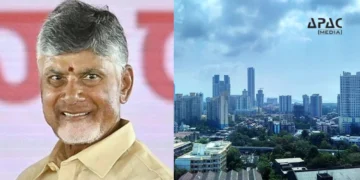


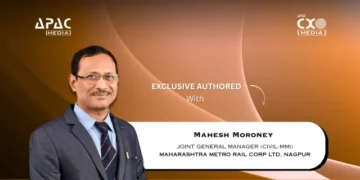
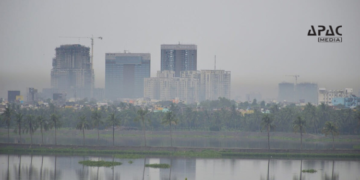

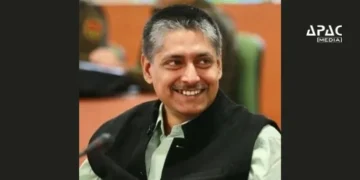
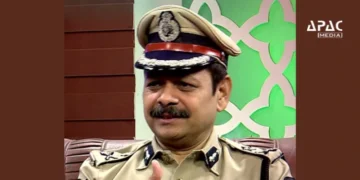
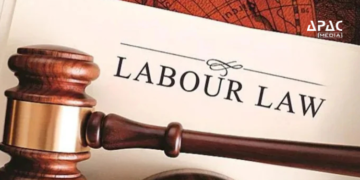
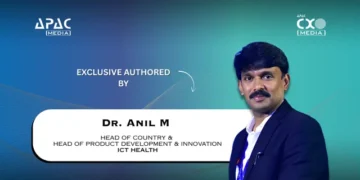

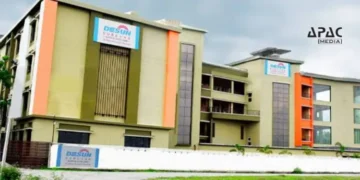
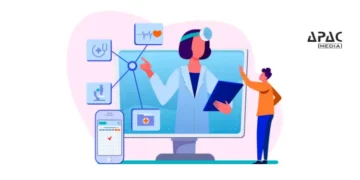





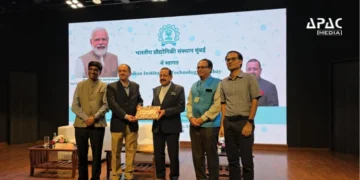
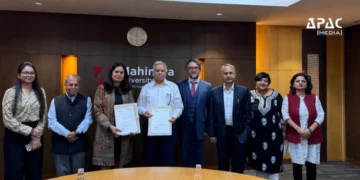
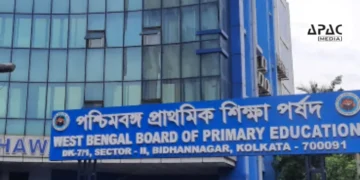
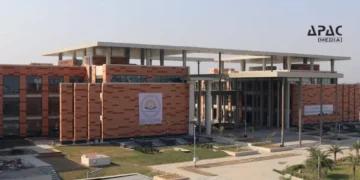





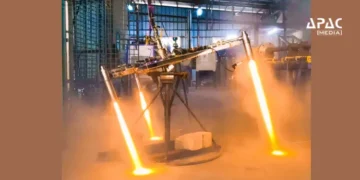




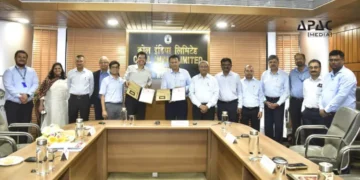
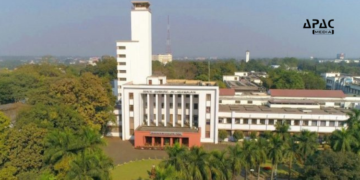
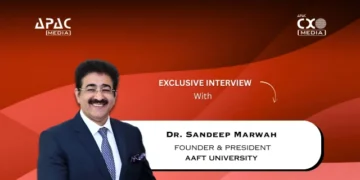
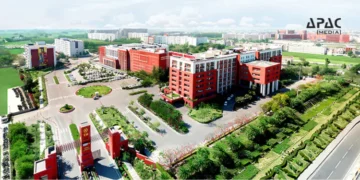

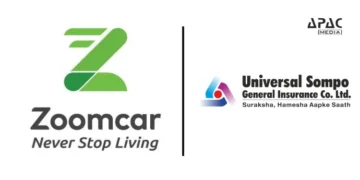
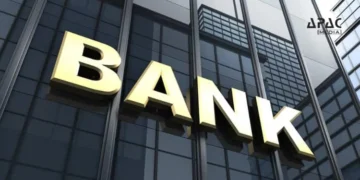


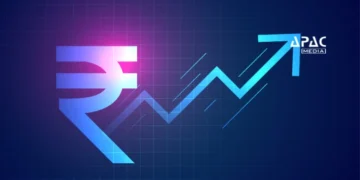


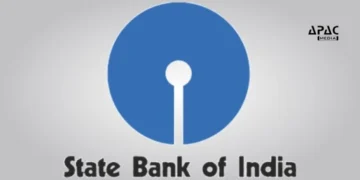

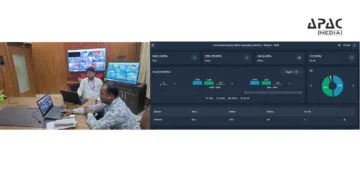
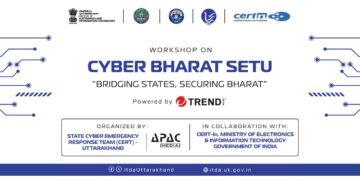
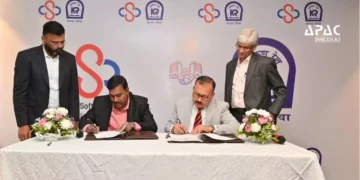
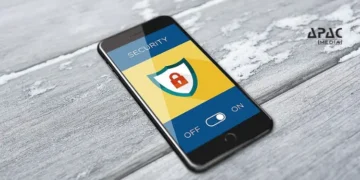
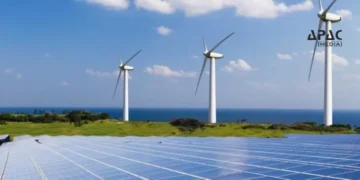
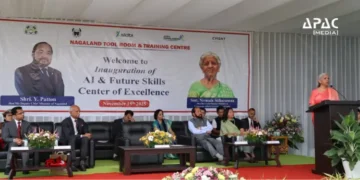















Discussion about this post